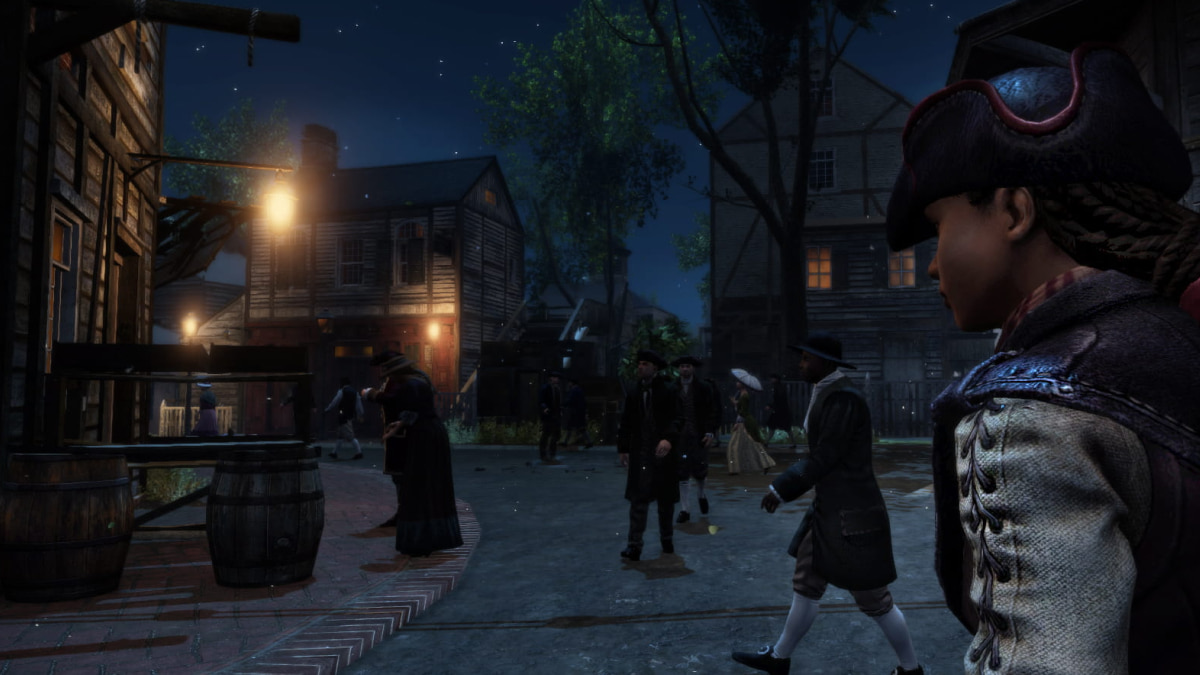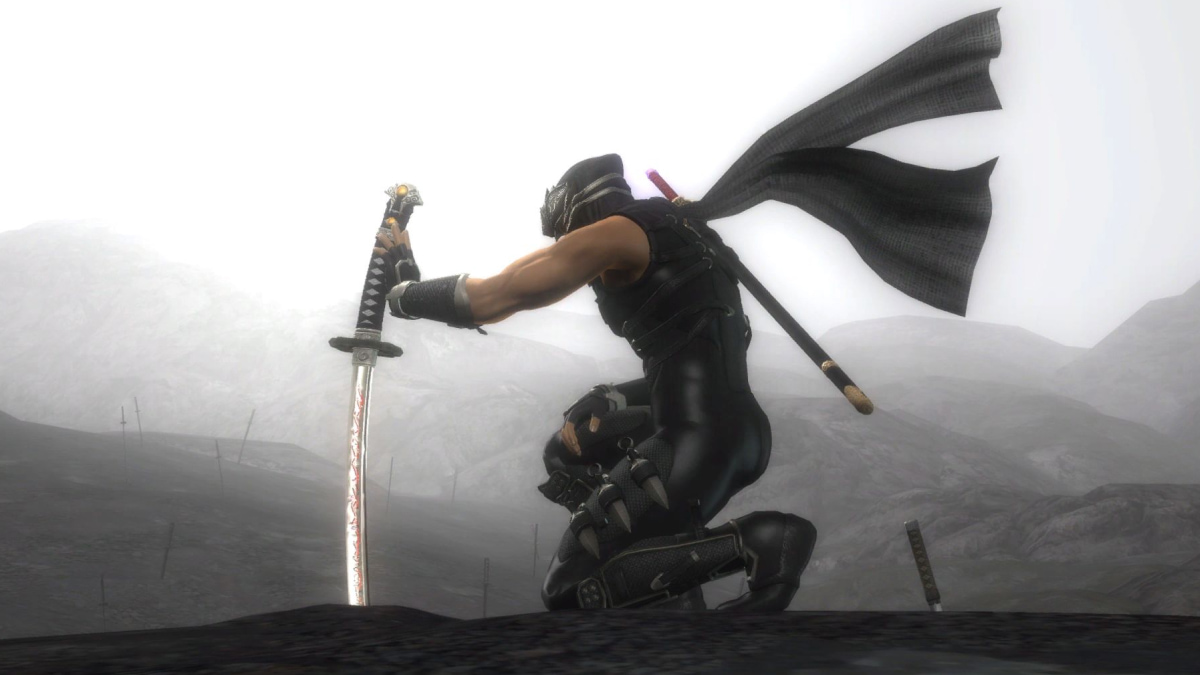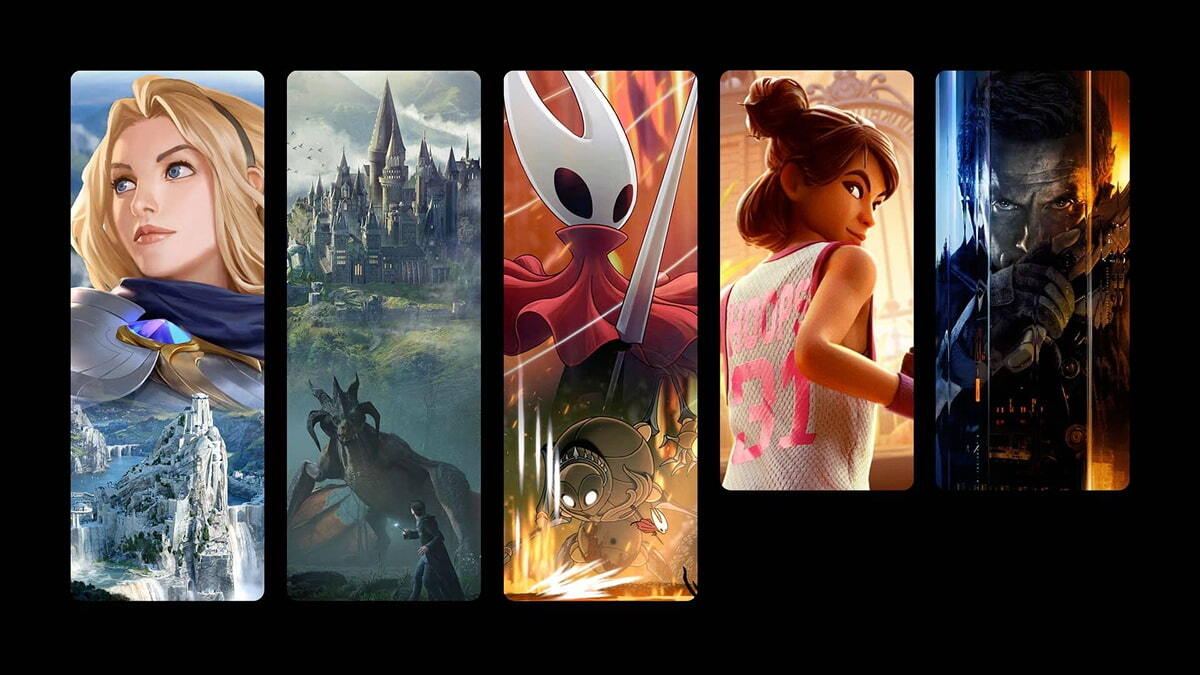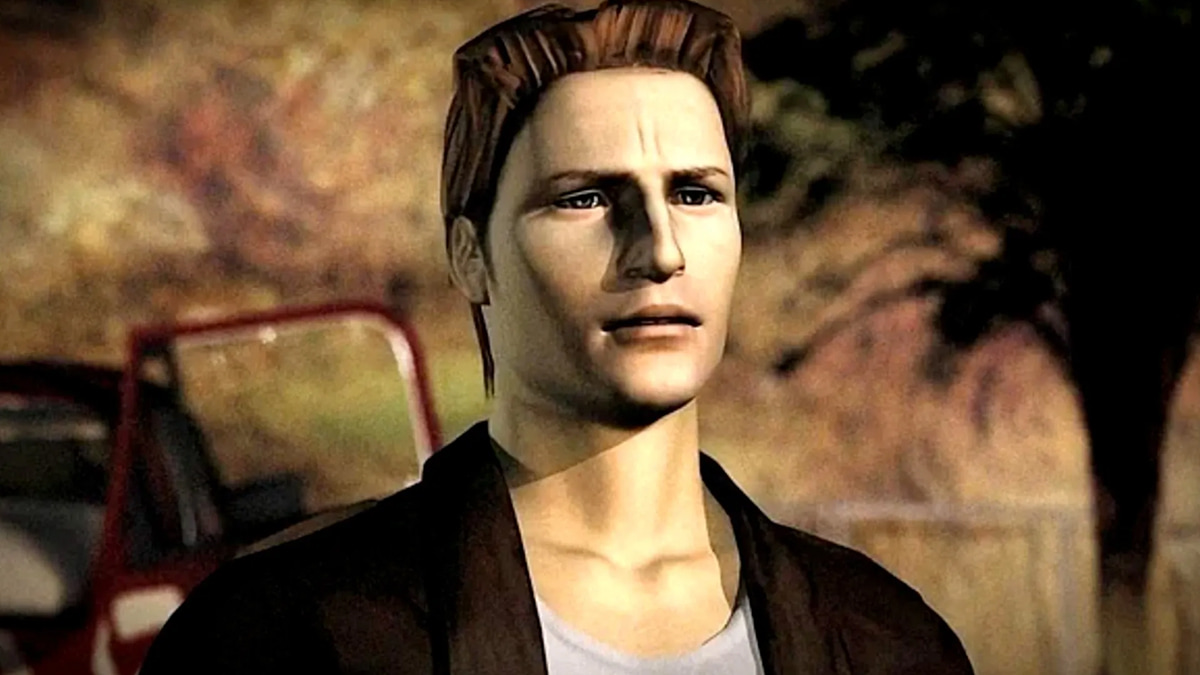You can trust VideoGamer. Our team of gaming experts spend hours testing and reviewing the latest games, to ensure you're reading the most comprehensive guide possible. Rest assured, all imagery and advice is unique and original. Check out how we test and review games here
Her Story is really f***ing good. You probably know that by now, of course, if you’ve read my review, or any of the others, or Games Twitter, which is breathless with excitement. And yet, despite overwhelming praise (which, I admit, can sometimes – although not in this case – be detestably wrong) search through the comments under any piece and you’ll find people who are quick to criticise it. Mainly because it’s ‘boring’, or ‘not a game’, or ‘women lying happens every day to me, it’s not that special.’ It’s hard to argue with that last one, in particular, but lets try and soldier on, shall we children?
Now, far be it for me to agree with these people, or their faces, or their continued wear of promotional t-shirts, but I can’t help but feel that Her Story both succeeds – and fails, in these people’s eyes – because, that’s right, it’s not a game. Or, more accurately, not in the form of which they have become accustomed.
Since the start video games have been defined by competition, win states, and other victories both small and large. Kill your enemy. Kill the aliens. Kill robo-Hitler. Kill rival european nations, just like robo-Hitler would have done. Kill people in the Middle East. No, really, kill all those guys. There are games out there – big, triple-A, mind-bogglingly expensive productions of care and guile and skill and questionable narratives – that at their core are ‘cross off ultra-violent to-do list’. These games are quite popular, I’m told.
So it’s easy to see why Her Story, or Gone Home, or Dear Esther, or Flower, or any other game without a gun or something to be ‘solved’ or to be won (in and outside of the sporting sense) gets the ‘not a game’ treatment. If people’s definitions for said games are generally zero-sum, then if you’re not winning, you’re ‘losing’. There is no winning in Her Story, even if at times you feel like you are.
Not that it seems that way at first, when you’re sitting there with your notepad out and real-life detective mode on, gradually unspooling more information, giving yourself mental pats on the back for every connection made. There’s something to be said for how expertly the game sells its setup, as every single person I know who has played it has started in this manner. Notes. Cross-references. Theories. Where did that bruise come from? When did that tattoo happen? That mirror game in the recycle bin doesn’t have AI, so are you meant to play…yourself? And what’s with all the references to tea?
And then you see all the videos, or enough for you to draw a conclusion as to what happened. Maybe you go the whole hog and fill the database tracker from brown to green. Credits roll. There is no fanfare. The Call of Duty ‘rank up’ music does not play, somewhat disappointingly. A screen does not fade in saying ‘You are victorious, you big-dick bastard. Good job’. You retire to NeoGAF, armed with theories, arguments, idiotic conclusions.
You have not won, but you have, surely, gained. There’s a distinction between these two, certainly – just ask that mad old bastard Pyrrhus – but Her Story’s ‘ending’ is essentially the beginning. Its ambiguity is its win state – your reward for your work isn’t a prize, but simply as good an understanding of the situation as you’re going to get. It may not fit the rather narrow definition of winning that you’re used to, but that doesn’t make it not a game.
But wait! What if you think that Her Story, or Gone Home, or blah blah blah isn’t a game because of its mechanics? ‘It’s just a walking simulator’ and ‘You don’t actually do anything’ – ‘where’s the gameplay, man’ – are often trotted out, and again speak to a narrow definition of play. I mean, f*** me, people can’t decide on what games actually are at the best of times. They don’t need your input because an AC-130 doesn’t get called in when you play good.
Moreover, the ‘not a game’ crowd seem to forget that competition isn’t always against someone else, nor is it always based upon who can move fastest – which is understandable, as these are two core tenets of a lot of popular titles. Monopoly isn’t a game because all I do is move pieces around a board. Tetris isn’t a game because all I do is rotate pieces all day. Monkey Island isn’t a game because all I do is click on stuff and combine it with other stuff. Command and Conquer isn’t a game because all I do is click on stuff and get stuff built. Chess isn’t a game because all I do is move pieces around a board. What the f*** is this? A CHESS simulator? Her Story isn’t a game because all I do is write stuff and plot out ways to work out what’s going on and execute my strategy to try and make sense of it all.
Yes, moment to moment it doesn’t the require reflexes of a 10-year-old, nor the dexterity of an Olympic gymnast who’s just been to see Dr. Test. In the end, that doesn’t matter. The enemy, or foe, or thing to be overcome isn’t an MP5-wielding child, or opposing goalkeeper, or any obvious totem. It’s yourself: prejudices, fears, conclusions, assumptions, normalisations. No wonder some found it boring: imagine being a comment troll and being forced to look into your own black heart.
We’re all, in a way, guilty of this thinking. We’ve all marvelled at the list of sidequests in RPGs or Boot Camp ops in Call of Duty. Each of us has a lizard part of our brain which derives great satisfaction from setting and completing tasks. We get that. But maybe all of us – and this includes the very same developers we laud for building these quests for us – should let go of our hands every once in a while, and us them. No easy answers, no cheap victories. In fact, perhaps no victories at all. Like 70s Hollywood. Which wasn’t a game, I’ll give you that.
Or was it?
Her Story
- Platform(s): Android, iOS, macOS, PC
- Genre(s): Adventure, Indie, Puzzle, Simulation

/https://oimg.videogamer.com/images/b7b5/her_story_14.jpg)






